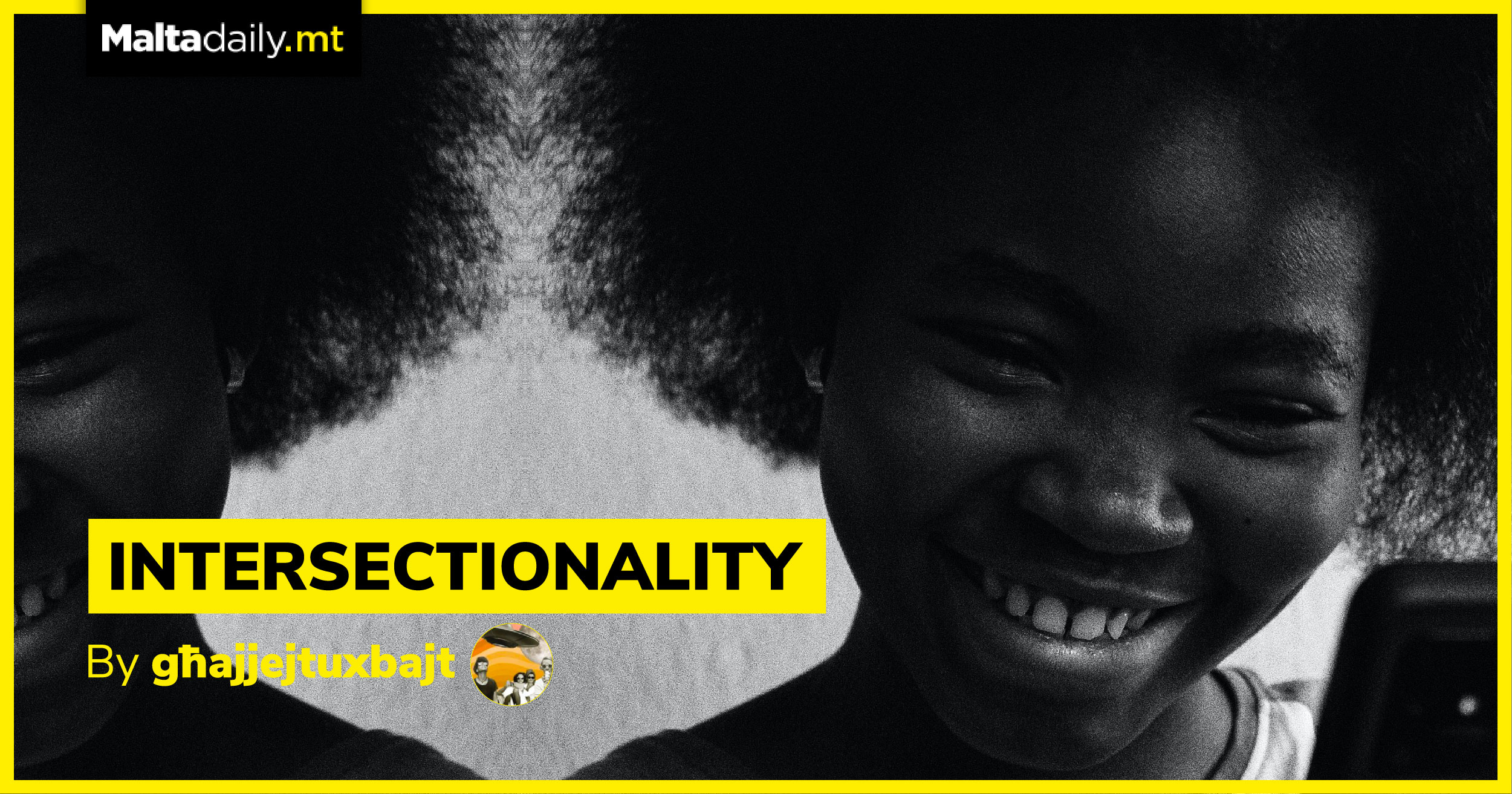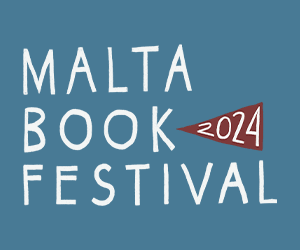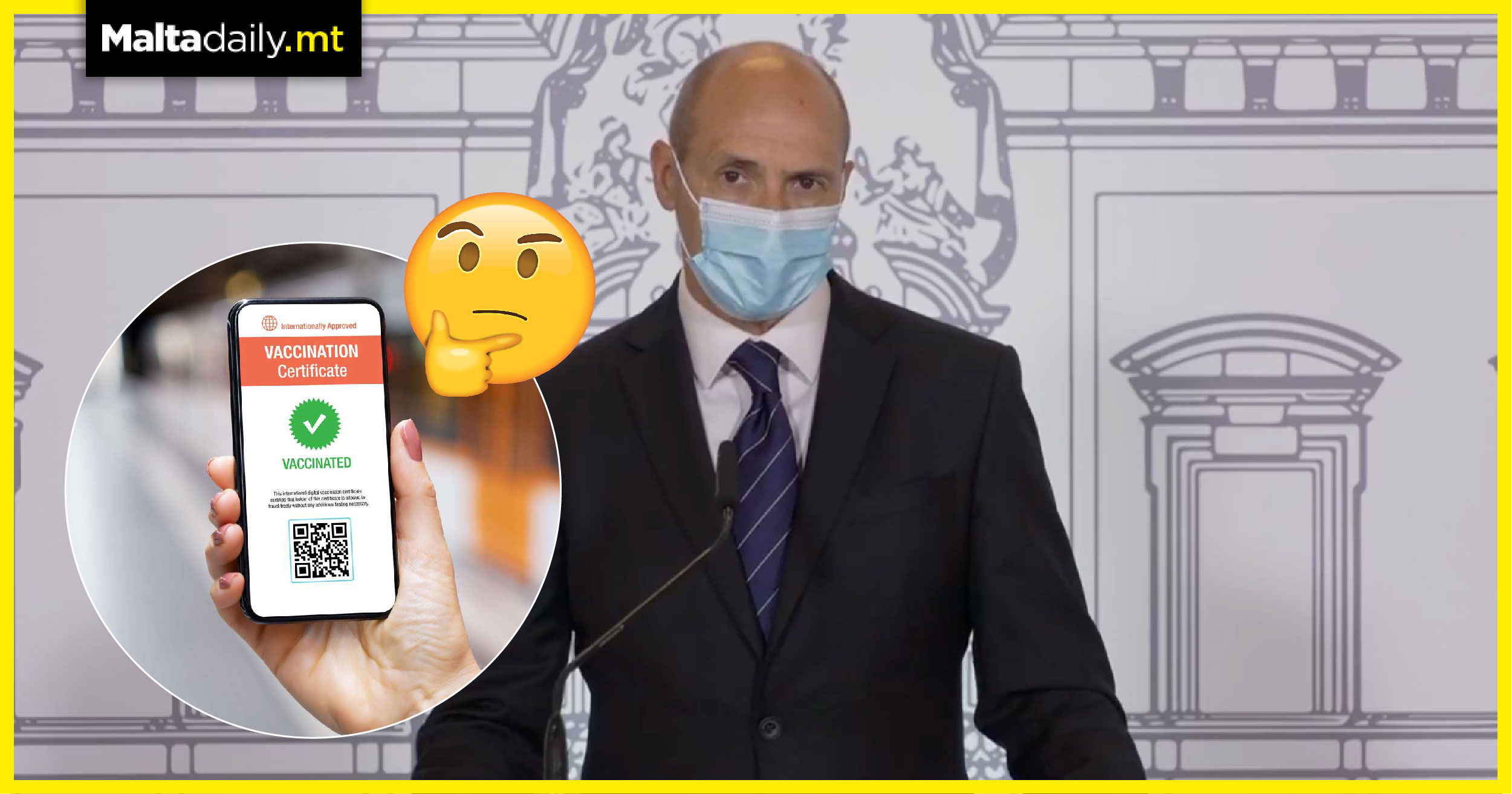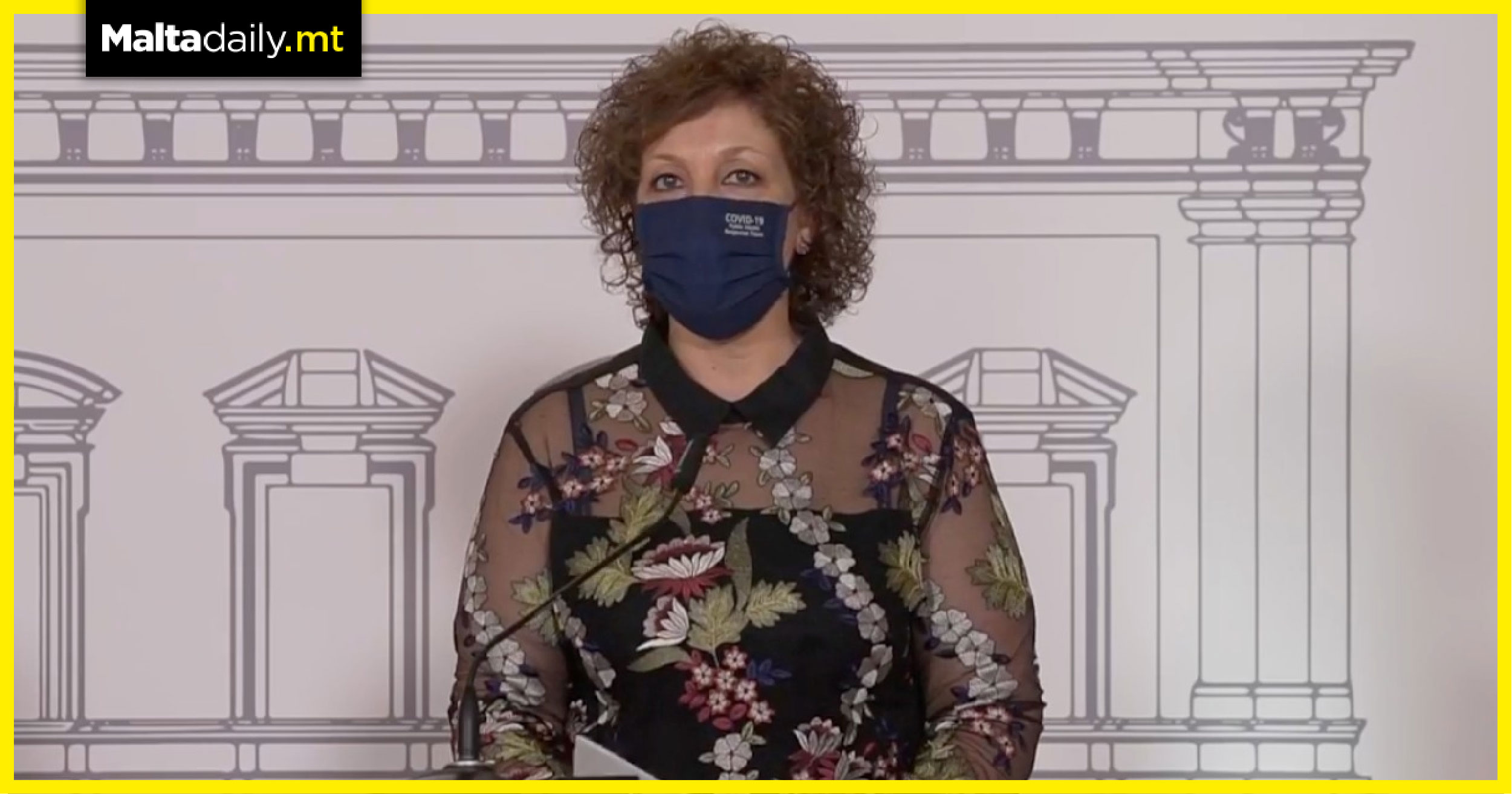
It’s a word many of us have likely come across with recently, but what does intersectionality actually mean? The term itself was coined by Black feminist scholar Kimberlé Crenshaw in 1989, though the concept emerged from critical race theory and the works of various Black feminists over decades. Intersectionality, deeply rooted in Black feminist thought, offered a perspective that had been missing when discussing the oppression that Black women faced. It is a relatively simple concept – as Crenshaw explains:
“intersectionality is a lens, a prism, for seeing the way in which various forms of inequality often operate together and exacerbate each other.”
Thus, intersectionality served to acknowledge the fact that a person may suffer from different, and intersecting, forms of discrimination at once. A Black woman faces discrimination because she is Black, but also faces discrimination because she is a woman. Her experience is therefore different from a Black man’s experience or a white woman’s experience, and cannot be viewed solely under the prism of racism or sexism but rather requires a different framework through which to be viewed.

While the concept of intersectionality came from Black feminist thought and a specific analysis of the both gendered and racialised experience of Black women, the application of the concept does not limit itself to the intersection of sexism and racism. As a framework, intersectionality highlights that different forms of oppression and inequality cannot be viewed separately from each other; sexuality, gender, disability, race, etc. – all of these can and do intersect with each other, resulting in a compounded effect of these various experiences. Some people seem to view intersectionality as a “hierarchy of victimhood” or “hierarchy of oppression” which classifies oppression and causes people to rank themselves according to how oppressed they are, but that is a gross misunderstanding of what intersectionality means. Intersectionality is not the “Oppression Olympics” – it doesn’t determine who suffers more or who suffers less; it simply highlights the multiple discriminations that can affect a person.
That is why intersectionality is so important to feminism, and a feminism that is not intersectional is not truly feminist. Feminism aims to achieve equality between people of all genders, but for that equality to happen we cannot simply address sexism but not address racism, or address sexism but not address homophobia. All these oppressions are linked and together negatively impact a person’s life. For example, it is often stated that in the US women got the right to vote in 1920…however that is not truly accurate. White women got the right to vote in 1920. Native, Black, Asian and Latina women had to wait till the Voting Rights Act in 1965 and its extension in 1975 to truly be able to vote. And most ‘developed’ countries would claim that all women have proper access to healthcare, but that is not true for all women – because our societies are transphobic, many trans women cannot have access gender affirming healthcare; because our societies are fatphobic, fat women’s health concerns are ignored by medical professionals; because our societies are racist, women of colour face reduced care.

And sometimes all those different aspects collide: a person may be poor, Black, and trans – how do we make sure that we fight for and build a society in which that person is protected, cared for, valued and free from discrimination, if we solely focus on gender? “A person cannot choose which part of their identity is most in need of liberation” – feminism that fails to understand the multiple oppressions a person faces falls short of its aim to achieve equality and liberation. Without looking at how all the aspects of a person’s identity affects their life, we cannot achieve true liberation for everyone. As Audre Lorde reminded us, “There is no such thing as a single-issue struggle because we do not live single-issue lives”.
#MaltaDaily









